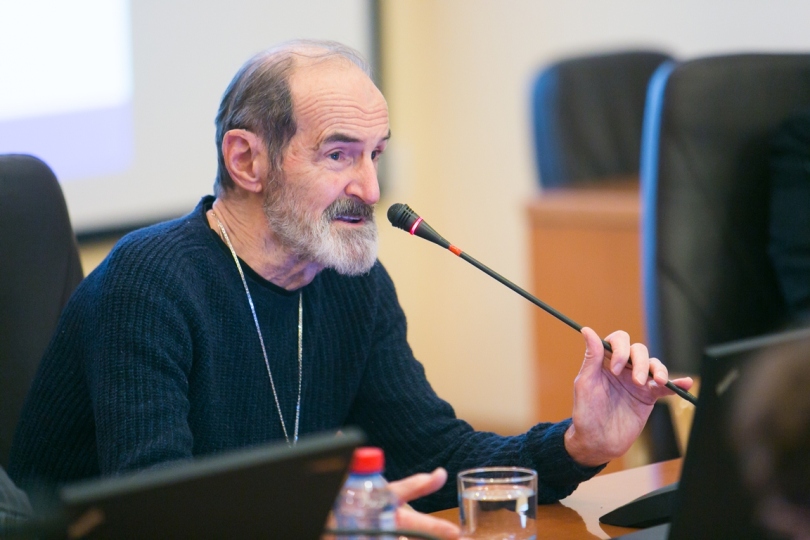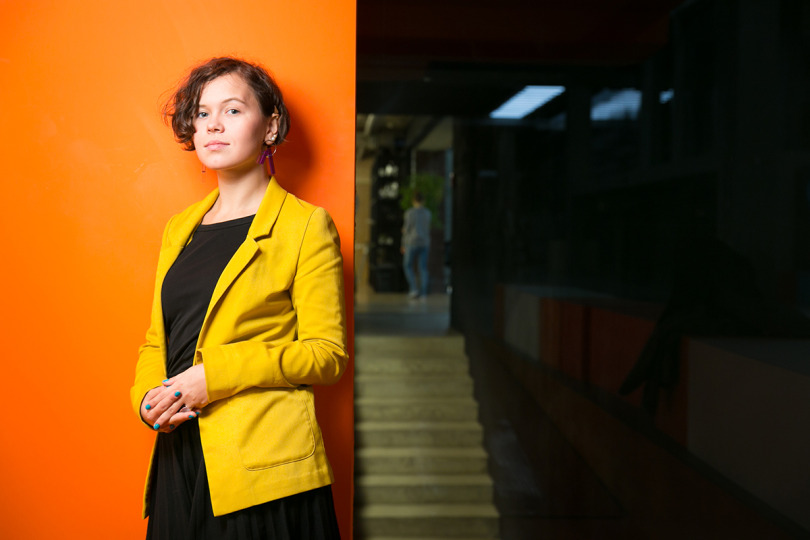Traditional Family Is in Revival
The Russian family has been becoming more demographically heterogeneous over recent years. Some of the families follow the trend of having many children: women more often give birth to a third and fourth child, and the gap between births is decreasing, which makes the evolution of the family faster. At the same time, younger generations are inclined to postpone marriage and having their first child, which leads either to later motherhood or to childlessness. This means that two opposite trends are developing; along with the growing share of ‘Western-type’ families, with postponed parenthood and fewer children, there is a revival of the traditional family with more children, Sergey Zakharov, Deputy Director of the HSE Institute of Demography, reported.
2%
of representatives of small manufacturing companies who are prepared to take out long-term loans to develop and modernize their operations would agree to do so at rates comparable to the current rates of 18-21%.
‘Listen to Your Inner Voice When Choosing Your Life's Path’
Evgenia Kondrashina graduated with honours from the International College of Economics and Finance (ICEF) bachelor’s programme in 2005 before going on to receive her master’s from the London School of Economics. An excellent student, Evgenia for a long time thought that the next logical step would be a prestigious career at a top English consulting firm, but the idea of following in others’ footsteps doesn’t make everyone happy. Evgenia deviated from this trajectory and found herself in one of the world’s leading orchestras – the London Symphony Orchestra – where she continues to work today.
44,058
students from 31 countries and 85 Russian regions have signed up for the 'Vyshaya Proba' Olympiad this year. This is 12,000 more than last year and a record number for the entire history of the Olympiad.

Erik Bulatov: 'I Just Live in the Now, and I’ve Vowed not to Turn My Back or Lie'
In an interview with the Higher School of Economics organised by the HSE School of Philology, the artist Erik Bulatov discussed his life and artwork.
'Technology as Such Never Simply Marks Progress'
In his lecture on December 3 at the HSE St Petersburg on 'Progress: A Reconstruction', Professor Peter Wagner (University of Barcelona) raised questions related to the nature of progress and our attitude to it. Professor Wagner is ICREA Research Professor in the Department of Sociological Theory, Philosophy of Law and Methodology of the Social Sciences at the University of Barcelona. He has been cooperating with HSE since 2014. Before his lecture, Editor of HSE English News, Anya Chernyakhovskaya talked to Professor Wagner about the elusive and changing nature of progress.
'Germany Has No Alternative to Good Relations with Russia Based on Mutual Understanding'
On 1st December students and teachers at HSE met the Ambassador Extraordinary and Plenipotentiary of the Federal Republic of Germany in the Russian Federation, Rudiger von Fritsch.

‘Working with People with Special Needs Isn’t Charity Anymore’
Maria Sarycheva, graduate of the MA in Applied Cultural Studies at HSE began preparing museum guided tours for people with special needs while she was still studying. Now she works in the department of inclusive programmes at the Garage Museum of Contemporary Art. She was instrumental in designing the new HSE Accessible Museum course. Maria Sarycheva talked to HSE News about what to do when there is no sign language gesture for installation and how to introduce art to people with visual and hearing impairments.
Future Managers Are Optimistic about Their Careers
Many management students have difficulties predicting their career paths for the next five or ten years. Some of the students obviously have big hoped for their future and are confident about rapid career growth. They believe that by 30 they will be able to become top-level managers in medium and big organizations, and will never repeat the mistakes of their principals and teachers. Svetlana Satikova, Associate Professor at the Department of Management of HSE in St. Petersburg, studied the career expectations of future managers.

Preparatory Year Programme Welcomes New Students
On November 25, the HSE Preparatory Year programme held a special welcome meeting for its new students. The aim of the event is to better acquaint them with HSE and the educational programmes it offers.

